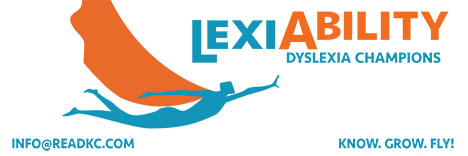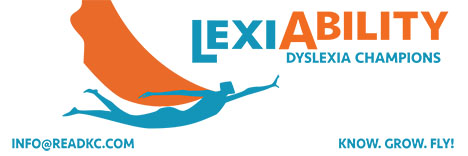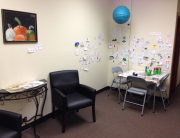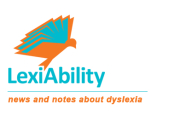I have had several parents ask me about whether or not I am excited about proposed legislation in the state of Kansas regarding dyslexia screening and remediation. The answer is “Yes” and “No.”
Yes, I absolutely support the intent of early screening all children for dyslexia. And, yes, I support proper remediation for all children who have been found to have dyslexia. I am thrilled that there is forward movement. However, I do not see how the proposed legislation will help.
The Manifesto asserts, “Dyslexia is a medical diagnosis, therefore trained medical professionals are the best at diagnosing dyslexia and prescribing treatment.”
I absolutely disagree. In fact, of all the diagnostic professionals they have listed, in my entire career, I have not met more than a rare handful who have specific training (or even interest) in dyslexia. The “medical professionals, pediatricians, psychologists, neurologists, Literacy Intervention Specialists, etc.” that they call upon do this screening do not receive training – and often not even information – in dyslexia.
I repeat: Most psychologists, school psychologists, reading specialists, neuropsychologists, school counselors, reading teachers, and pediatricians receive NO training in dyslexia. The problem of diagnosing dyslexia will continue to persist if we continue to insist that unqualified, untrained, and uninformed professionals have this responsibility.
The answer in legislation is not to have untrained professional do uninformed diagnosis. Rather, it is to train our teachers to properly screen for dyslexia and properly remediate dyslexia using true Orton-Gillingham approaches (and not the incomplete bunk mostly sold to them by uninformed publishers) and to vigorously challenge curricula requirements that are almost exclusively text-based.
Here is my response to the “Face It Manifesto:”
Please note that although dyslexia is considered a medical term. It is not a medical diagnosis given by physicians. It is a 315 code in the DSM-IV (which may, unfortunately, be removed in the DSM-V) used by psychologists and psychiatrists–not pediatricians! It is very concerning that you so prominently are calling it a medical condition and calling for medical diagnosis. Pediatricians and medical doctors in the state of Kansas don’t have any training to accurately assess for dyslexia. Many have very little awareness about it (other than the persistent myths that they can’t discern from fact).
In an informal survey, I asked nine area pediatricians about dyslexia. Not one of the pediatricians I asked could even approximate an accurate definition of dyslexia.
- • Two responded with, “I would suggest vision correction…”
- • Two others responded with, “I would check to see if the child is reading by 2nd/3rd grade…They usually grow out of it.”
Six of the nine pediatricians believed a child could not have dyslexia if they could read and had no idea that there were compensatory reading strategies. All pediatricians responded they had no training, expertise, or knowledge about screening for dyslexia…nor did they give any impression they felt it was important or appropriate to incorporate into their practice.
Dyslexia screening requires a variety of tools, and in my practice, requires an in-depth parent interview, a records review, and a two-hour screening process that involves using approximately ten different assessment tools. Incomplete screening, such as those done with reading tests (DIEBELS), leave thousands of kids undiagnosed and struggling. Any one test, including the CTOPP, does not provide the comprehensive picture needed to assess for dyslexia – particularly in twice-exceptional children (and let’s face it, it seems that most kids with dyslexia seem to be twice-exceptional). I work with these same kids who passed over simplified screening exams in school when they are on the verge of dropping out of high school or become “behavioral problems” in junior high.
I completely support early screening for dyslexia for ALL children, but I am alarmed that you are supporting legislation where screening would be left up to those who have no information as to how to do this. I cannot support this particular legislative effort. However, I absolutely do support its intent and spirit in helping children with dyslexia.






Connect with LexiAbility
RSS
Facebook
Twitter